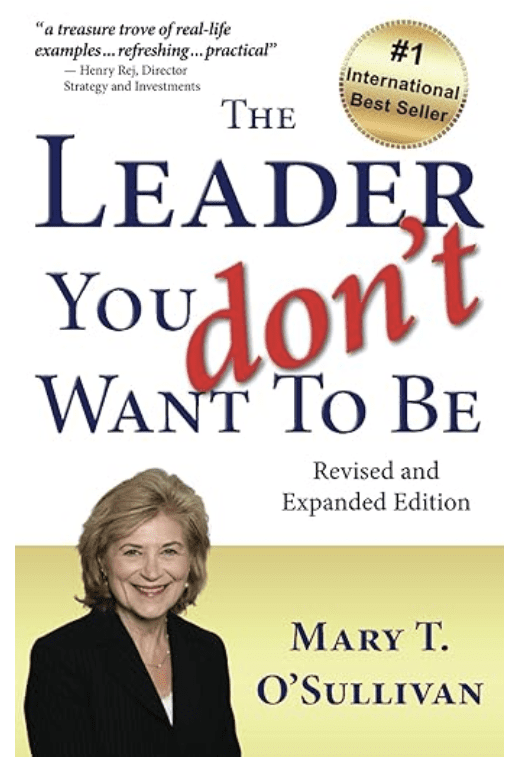Search Posts
Recent Posts
- Transform your property this spring: 7 proven tips on planting trees- John Campanini, RI Tree Council May 7, 2025
- It’s Sour Grapes! – Tim Jones May 7, 2025
- Rhode Island Weather for May 7, 2025 – Jack Donnelly May 7, 2025
- It is what it is. May 7, 2025 – Jen Brien May 7, 2025
- Providence Fire Dept. Emergency Medical Services Bicycle program returns to city May 7, 2025
Categories
Subscribe!
Thanks for subscribing! Please check your email for further instructions.

Working over the holidays – Mary T. O’Sullivan
By Mary T. O’Sullivan, MSOL, contributing writer, business and leadership
“Workers of all ages are more likely to mentally check out as the calendar approaches Dec. 25…†– CBS News
It’s the holidays. Everyone in the office is gone, except for a few folks checking the HVAC system. It’s quiet, and the stress of family gatherings is temporarily suspended. And if you’re new and without much Paid Time Off (PTO), maybe PTO is better saved for summer beach days. The empty office brings quiet, even silence. The brain actually gets a chance to function without continuous distractions. Phones aren’t ringing, urgent emails don’t pop up, and the lack of office buzz almost brings a sense of peace. Bumping into others also tying up loose ends, can actually be pleasant; there is no business to discuss. In reality, there’s usually not a lot to do, so being mentally “checked out†and shooting the breeze doesn’t feel like a crime.
However, if as an office worker working over the holidays is mandatory, there can be consequences. First of all, if the staff consists of Millennials, assume that they will be mentally checked out anyway. In a recent survey, about 56 percent of workers between the ages of 25 to 34 say they’ll be in the office but probably will not focus on their work. CBS News reports that “workers of all ages are more likely to mentally check out as the calendar approaches Dec. 25â€, with December 22 being the nadir ofwork effort for the season. The good news for federal employees is that they get paid for holidays, even when they’re not working. For everyone else, if required to work on a holiday, itself, there are rules governing pay. The boss can’t ask employees to work on a specific company holiday where everyone else is off, say New Year’s Day, and not provide a pay differential, especially in certain pay categories.
On the other hand, certain industries require holiday work: hospitality, transportation, emergency services healthcare, utilities, security, and even zoos require workers to be on the job. Depending on work status, employees may be entitled to extra holiday pay, (usually time and a half) depending on the industry and federal, state, and local labor laws.
If you find yourself stuck in the office on a holiday, find ways to make the best of it. Maybe chat a few minutes more with the handful of people also at work, expanding your network. They may have skills you can call upon in the future. Bring in some holiday treats or snacks for others and change the perfectionist mindset when it comes to the holiday celebration at home. It’s really about spending time with family and friends. It doesn’t have to be “on the dayâ€.
An alternative plan is to graciously decline, especially when you have sacrificed other holidays for the benefit of the organization. Think back over the years and count the holidays you’ve worked. Remind the boss specifically of what those days are. Your conversation may go something like this: “I worked Memorial Day, Independence Day, Labor Day and Thanksgiving Day, and I’m not going to work on Christmas or New Yearsâ€. I’ve had to have this conversation several times during my career, and truly, the boss has no answer. An employee can’t be expected to relinquish every holiday as if they are indispensable; because as the organization will remind you at layoff time, no one is indispensable.
Although some may want or need the extra income, a holiday break offers time to destress, decompress, and change the setting, which can be psychologically and emotionally more valuable, even if money is tight. People need time to overcome the feeling of mental and psychological defeat that comes with constant work, in addition to dealing with the “winter bluesâ€. According to USA Today, experts say adding extra shifts on Thanksgiving, Hanukkah, Christmas or New Year’s Day can take a toll on the employees’ mental state, resulting in less productivity for months to come.
The American Psychological Association (APA) created a term for feelings for those who have to work at non-essential jobs during the holidays. It’s called “relatively deprivedâ€. It’s described as the perception that a personis in a less-desirable position or receiving worse treatment than others in their situation – and has beenassociated with feelings of anger and resentment.â€
If you find yourself glued to your desk on a holiday, tell yourself that it’s okay for now, and start designing plans for a rejuvenating and energizing activity, like a spa day or skiing trip. Pass around that plate of homemade cookies you brought in and try to spread some holiday cheer. After all, if it’s mandatory work, you’re in it with others. Do your work, have some fun, and get home as soon as you can. Just don’t get caught in the rush of the younger workers bolting for the door.
“Encourage employees to take additional time away from their jobs to spend with loved ones. Let employees know early what to prioritize and what projects can wait until the new year.†– Modern Health
___


Mary T. O’Sullivan, Master of Science, Organizational Leadership, International Coaching Federation Professional Certified Coach, Society of Human Resource Management, “Senior Certified Professional. Graduate Certificate in Executive and Professional Career Coaching, University of Texas at Dallas.
Member, Beta Gamma Sigma, the International Honor Society. Advanced Studies in Education from Montclair University, SUNY Oswego and Syracuse University. Mary is also a certified Six Sigma Specialist, Contract Specialist, IPT Leader and holds a Certificate in Essentials of Human Resource Management from SHRM.contributing writer, business leadership.
